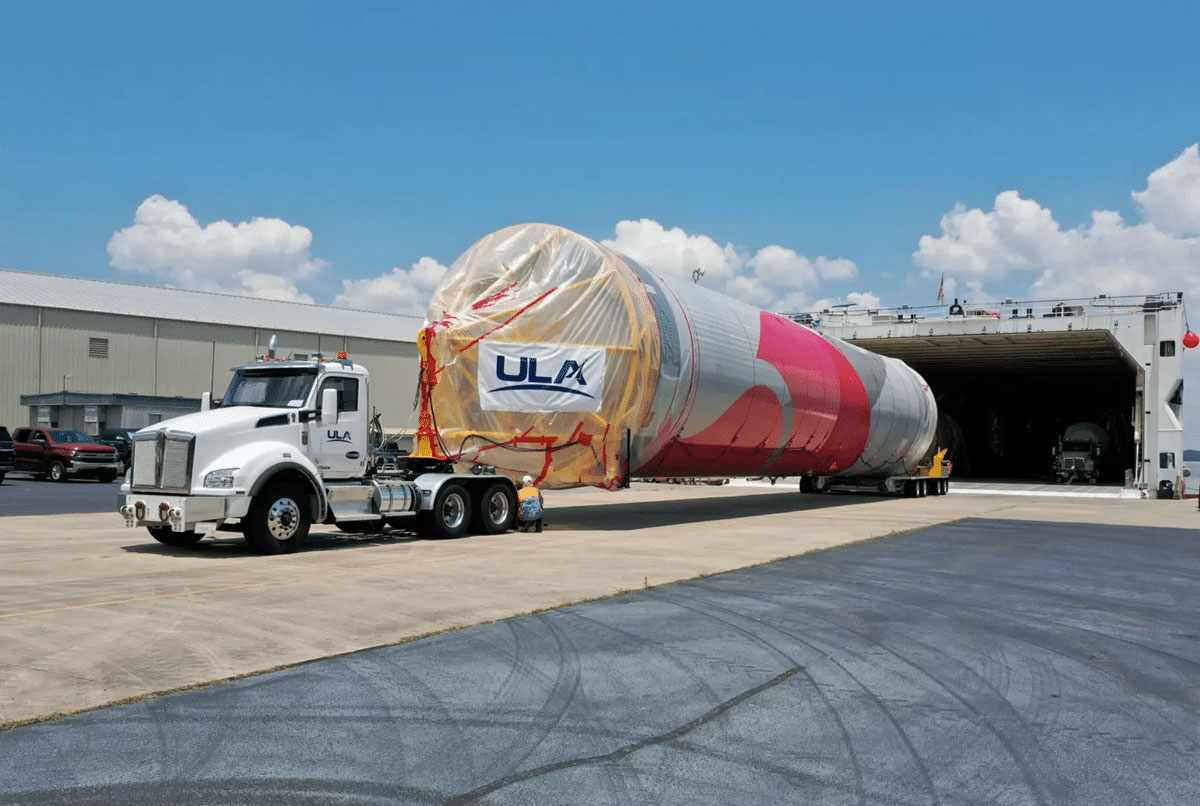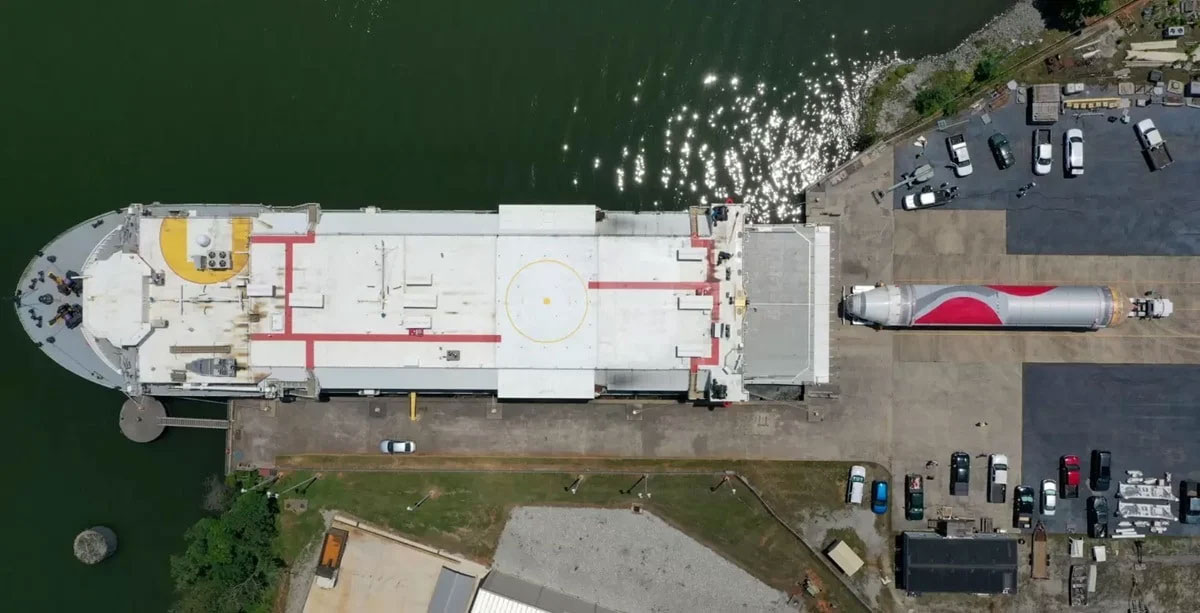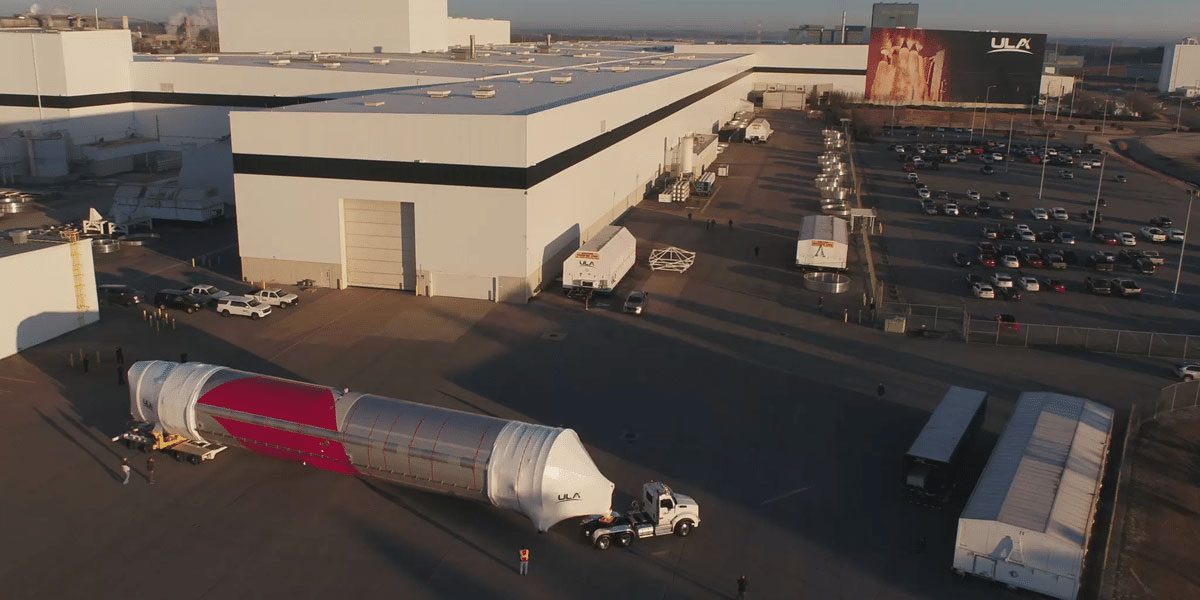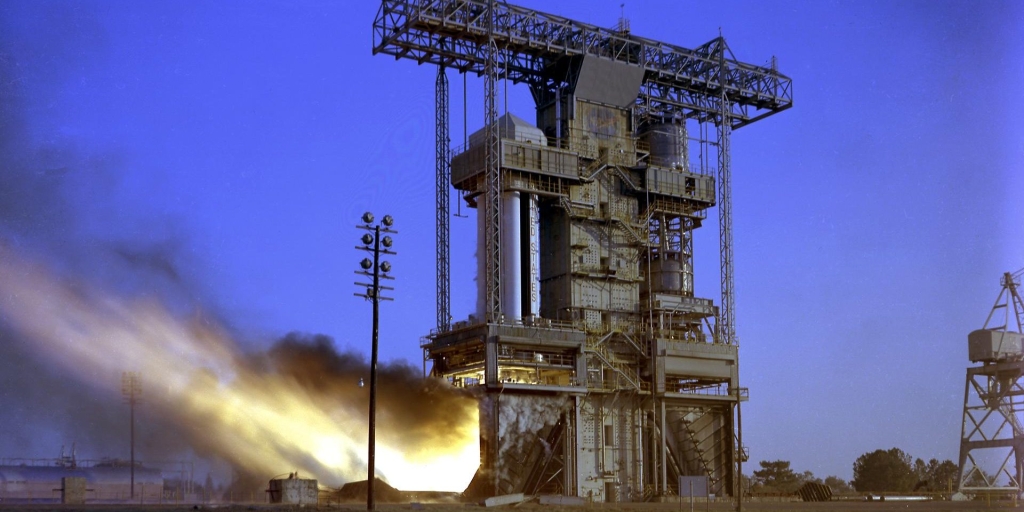United Launch Alliance (ULA) is preparing for a busy schedule of rocket launches after completing a $300 million-plus expansion project that made its Alabama rocket factory the largest facility of its kind in the world.
The growth in Decatur will allow ULA to nearly double its launch rate.
“We are grateful for the partnerships that we’ve had for many years to allow this kind of growth and allow us to keep going here,” said John Elbon, chief operating officer of ULA. “We will be continuing to support our U.S. Space Force customer, as well as our commercial customer Amazon, which signed the largest commercial contract that’s ever been awarded for 38 launches on our new Vulcan rocket.
“We’ll be launching their Kuiper Constellation, and these facilities are a big part of making all that happen,” Elbon said.
In February, ULA cut the ribbon on a new warehouse and expansion at the Decatur rocket plant. The growth project is playing a key role in North Alabama’s growing economy by creating 200 additional jobs at the facility.
“ULA continues to thrive and grow in Decatur, Morgan County,” said Jeremy Nails, president and CEO of the Morgan County Economic Development Association. “Their recent investment of $317 million in new facilities to support the increase in the new Vulcan rocket production solidifies their presence and commitment to our community and the state of Alabama.
“We are proud to have the most reliable launch vehicle manufacturer located in Decatur, Morgan County,” said Nails, who is attending this week’s 2024 Farnborough International Airshow as a member of an Alabama delegation.
The expansion increases ULA’s Alabama facility from 1.9 million square feet to 2.4 million square feet, making it the largest rocket plant in the world, according to the company.

Space race
Angela Till, deputy secretary of the Alabama Department of Commerce, said ULA’s expansion project, along with others in North Alabama, shine a light on the growth taking place in the space segment of the state’s aerospace industry.
“Companies involved in spaceflight know our workforce has proven itself over many decades, and that’s why they keep turning to Alabama to help solve the industry’s biggest challenges,” said Till, who is also attending Farnborough with a small working group from the Department of Commerce.
Switzerland-based Beyond Gravity, which makes payload fairings for ULA rockets in Decatur, has also expanded its Alabama presence to accommodate Vulcan’s busy launch schedule.
In a 2022 announcement, Beyond Gravity said the growth will allow it to produce 25 fairings per year, up from 10 annually. A fairing is the pointed tip of the rocket that protects satellite cargo from high temperatures, mechanical stresses and other hazards.
Meanwhile, spaceflight company Blue Origin has been growing in Alabama with a 400,000-square-foot Huntsville factory to produce BE-4 rocket engines to power Vulcan flights.
Last year, Blue Origin bought 15 acres adjacent to its site to advance plans to add another production facility.

Launch schedule
The Vulcan rocket’s maiden flight in January 2024 was successful, but another successful mission is required for the Vulcan Centaur to be certified for national security missions. ULA aims to stage the Cert 2 mission later this year.
ULA has sold more than 70 Vulcan launches to date, including 38 missions for Amazon’s Project Kuiper broadband satellite program and multiple national security space launch missions.
Amazon plans to deploy more than 3,200 Kuiper satellites over more than 80 missions, with ULA rockets booked for more than half of those missions.
The planned launch schedule is so busy that ULA is adding a second cargo ship to its navy.
The first, the 312-foot R/S RocketShip, has transported ULA rockets from Decatur to launching bases in Florida and California for around two decades. It recently carried the second Vulcan rocket to Port Canaveral for a certification launch.
Bollinger Shipyards is constructing a 356-foot vessel to be named SpaceShip at its shipyard in Amelia, Louisiana. Delivery to ULA is expected in January 2026.
This story originally appeared on the Alabama Department of Commerce’s Made in Alabama website.












